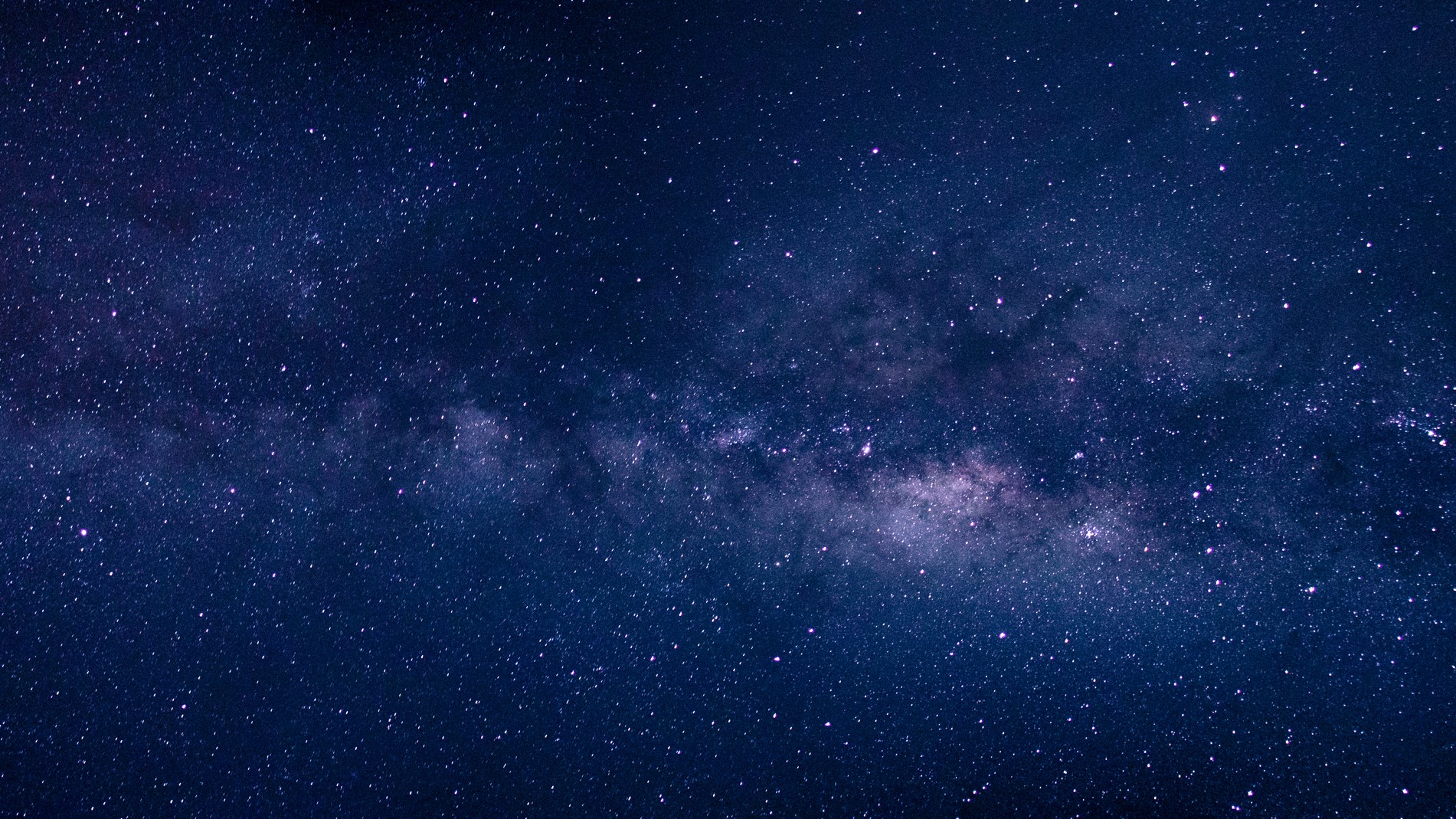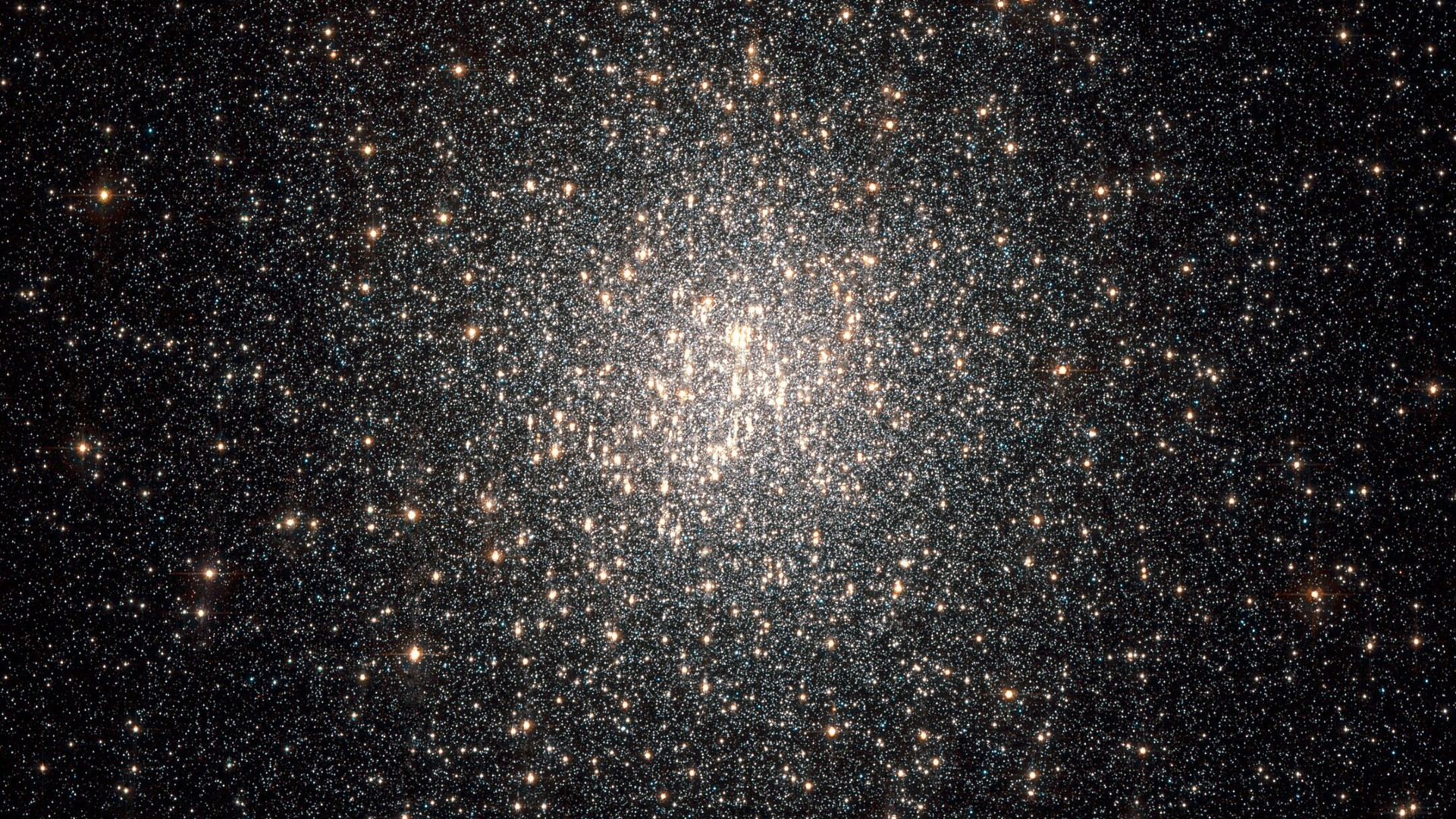'Groundbreaking' Milky Way results from telescope network behind 1st black hole image coming soon
We'll find out more May 12 from the same telescope group that imaged a black hole in April 2019.

Earth's planet-scale observatory network, best known for creating the first-ever image of a black hole, is ready to report new results about the center of our Milky Way galaxy.
More information about the "groundbreaking" research on our galaxy will be presented on May 12 at 9 a.m. EDT (1300 GMT). Although the announcement is two weeks away, it's likely that the discovery relates to the supermassive black hole that lurks at the center of the Milky Way. Called Sagittarius A*, this behemoth has been a key target for the Event Horizon Telescope (EHT) since 2017.
Partners on the Event Horizon Telescope project will hold a series of news conferences to share the discovery, plus a YouTube live event will follow for public questions 90 minutes later. We'll stream both here on Space.com.
Related: Eureka! Scientists photograph a black hole for the 1st time
The EHT team is fresh off its 2022 campaign, which planned to conduct seven days of remote observations on objects such as black holes, galaxies and quasars (or superbright objects with black holes in the middle.)
It's unclear if this result arises from observations gathered this year, in 2021 or from previous work by the network, which faced a two-year hiatus in 2019 and 2020 due to operational reasons and the pandemic.
The National Science Foundation (NSF), which funds the EHT, will hold a press conference including the following participants:
Get the Space.com Newsletter
Breaking space news, the latest updates on rocket launches, skywatching events and more!
- Katherine (Katie) L. Bouman, Assistant Professor of Computing and Mathematical Sciences, Electrical Engineering and Astronomy at Caltech
- Vincent Fish, Research Scientist at MIT Haystack Observatory
- Feryal Özel, Professor, Departments of Astronomy and Physics at University of Arizona
- Michael Johnson, Astrophysicist at Center for Astrophysics | Harvard & Smithsonian
The European Southern Observatory, which participates in the partnership, will hold a press conference including:
- Xavier Barcons, ESO Director General
- Huib Jan van Langevelde, EHT Project Director
- Anton Zensus, EHT Collaboration Board Founding Chair
- Thomas Krichbaum, Max Planck Institute for Radio Astronomy, Germany
- Sara Issaoun, Center for Astrophysics | Harvard & Smithsonian (USA) and Radboud University, the Netherlands
- José Gómez, Instituto de Astrofísica de Andalucía (CSIC), Spain
- Christian Fromm, Würzburg University, Germany
- Mariafelicia de Laurentis, University of Naples "Federico II" and the National Institute for Nuclear Physics (INFN), Italy
ESO will also host an open online event on its YouTube channel; that event will start at 10:30 a.m. EDT (1430 GMT) and participants will include:
- Sera Markoff, University of Amsterdam, Netherlands
- Michael Janssen, Max Planck Institute for Radio Astronomy, Germany
- Rocco Lico, Astrophysics Institute of Andalucía, Spain
- Roman Gold, South Denmark University, Denmark
- Violette Impellizzeri, Leiden University, Netherlands
- Ziri Younsi, University College London, UK
Follow Elizabeth Howell on Twitter @howellspace. Follow us on Twitter @Spacedotcom or Facebook.
Join our Space Forums to keep talking space on the latest missions, night sky and more! And if you have a news tip, correction or comment, let us know at: community@space.com.

Elizabeth Howell (she/her), Ph.D., was a staff writer in the spaceflight channel between 2022 and 2024 specializing in Canadian space news. She was contributing writer for Space.com for 10 years from 2012 to 2024. Elizabeth's reporting includes multiple exclusives with the White House, leading world coverage about a lost-and-found space tomato on the International Space Station, witnessing five human spaceflight launches on two continents, flying parabolic, working inside a spacesuit, and participating in a simulated Mars mission. Her latest book, "Why Am I Taller?" (ECW Press, 2022) is co-written with astronaut Dave Williams.
